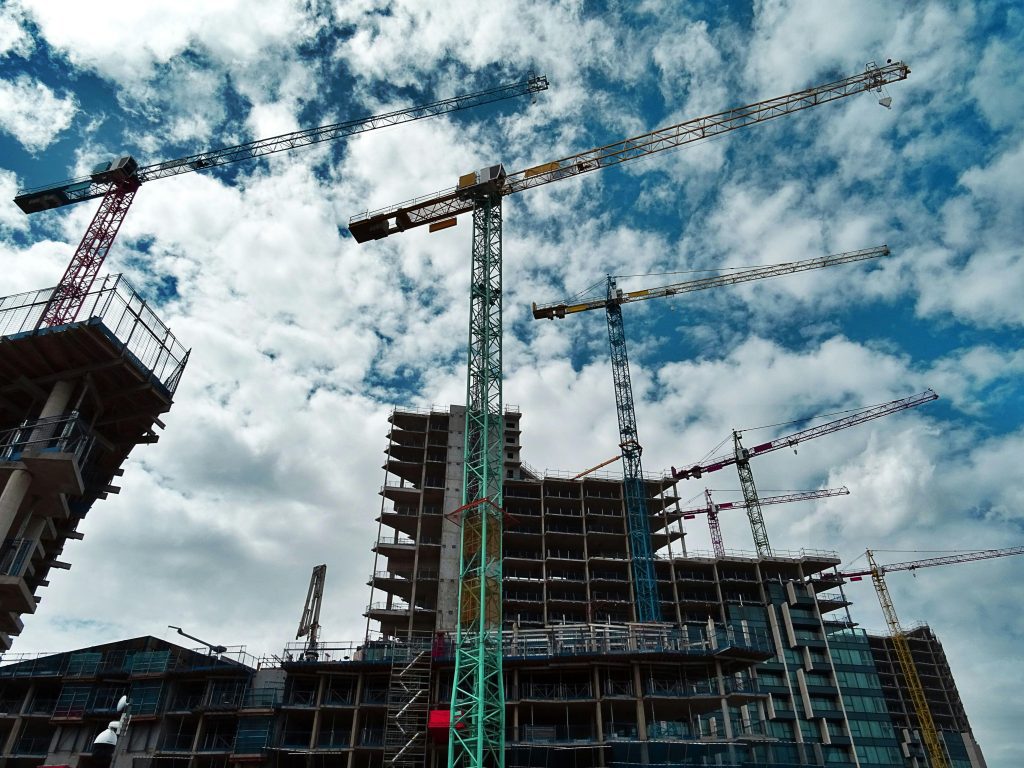Introduction
In an era where environmental concerns and energy costs are at the forefront of public discourse, homeowners are increasingly seeking ways to enhance their properties while also saving money. One significant avenue to explore is the concept of an energy-efficient mortgage (EEM). This innovative financial tool not only facilitates home improvements but also promotes sustainability, making it a win-win for homeowners and the planet alike.
What is an Energy-Efficient Mortgage?
An energy-efficient mortgage is a financing option that allows homebuyers or existing homeowners to borrow additional funds specifically for energy-efficient upgrades. This can include anything from installing solar panels and upgrading insulation to replacing old heating systems with more efficient models. The beauty of an EEM lies in its structure: it combines the cost of energy-saving improvements with the purchase or refinance of a home, enabling homeowners to invest in long-term savings while improving their living spaces.
Financial Benefits
One of the most compelling reasons to consider an EEM is the financial advantage it offers. By incorporating energy-efficient upgrades into your mortgage, you can increase the overall value of your home without requiring a large upfront investment. These enhancements often lead to reduced utility bills, which can significantly alleviate monthly expenses.
Moreover, energy-efficient mortgages can come with favorable terms, such as lower interest rates or reduced closing costs. Some lenders offer incentives for homeowners who commit to energy-efficient improvements, making it easier to qualify for favorable loan conditions. The long-term savings on energy bills can often surpass the additional mortgage payments, providing a robust return on investment.
Increased Home Value
Investing in energy-efficient upgrades not only enhances the comfort of your home but also increases its market value. Homes equipped with energy-efficient features often attract higher offers on the market, as today’s buyers are increasingly looking for properties that can save them money on utilities. Additionally, homes with energy-efficient upgrades can stand out in competitive real estate markets, providing a crucial edge when it comes time to sell.
Environmental Impact
Beyond financial benefits, energy-efficient mortgages promote environmentally friendly practices. By financing energy-efficient upgrades, homeowners are contributing to a larger movement toward sustainability. Reducing energy consumption lessens the reliance on fossil fuels and decreases greenhouse gas emissions.
Furthermore, the implementation of energy-efficient technologies, such as solar panels and energy-efficient appliances, can lead to significant reductions in a household’s carbon footprint. For environmentally conscious homeowners, this aspect of an EEM can be particularly appealing, as it aligns financial interests with ethical considerations.
The Process of Obtaining an EEM
Obtaining an energy-efficient mortgage may seem daunting, but the process is relatively straightforward. First, homeowners should identify potential energy-efficient upgrades for their properties. This might involve conducting an energy audit to assess where improvements can be made. Once these upgrades are identified, homeowners can approach lenders that offer EEMs.
The lender will evaluate the homeowner’s financial situation and the potential energy savings from the proposed upgrades. In many cases, lenders will work with energy raters who can provide estimates of the energy savings associated with the proposed improvements. This information is crucial for determining how much additional borrowing is feasible.
Eligibility and Requirements
While energy-efficient mortgages are accessible to a wide range of homeowners, certain eligibility criteria may apply. Generally, lenders will look at the borrower’s creditworthiness, income, and debt-to-income ratio, similar to traditional mortgage applications. Additionally, the proposed energy improvements must be validated by a qualified professional to ensure that they meet efficiency standards and will deliver the anticipated energy savings.
Conclusion
Energy-efficient mortgages offer a compelling opportunity for homeowners looking to improve their properties while simultaneously contributing to a more sustainable future. With financial benefits that include lower utility bills, increased home value, and the ability to finance upgrades within the mortgage itself, EEMs stand out as a wise choice for any homeowner. The positive environmental impact further enhances their appeal, making them an ideal option in today’s eco-conscious society. By embracing this innovative financing solution, homeowners can achieve a comfortable living space, financial savings, and a healthier planet—all at once.

